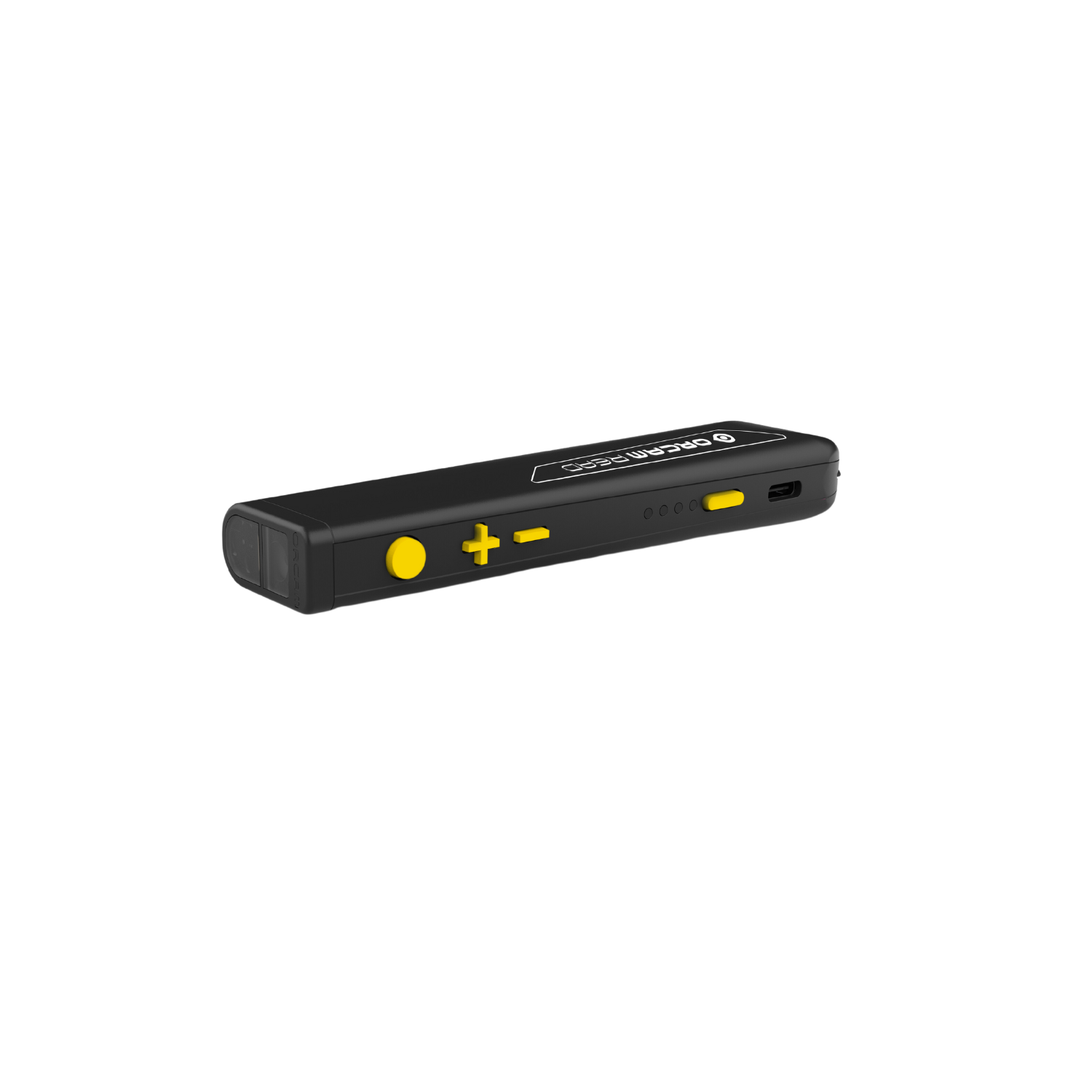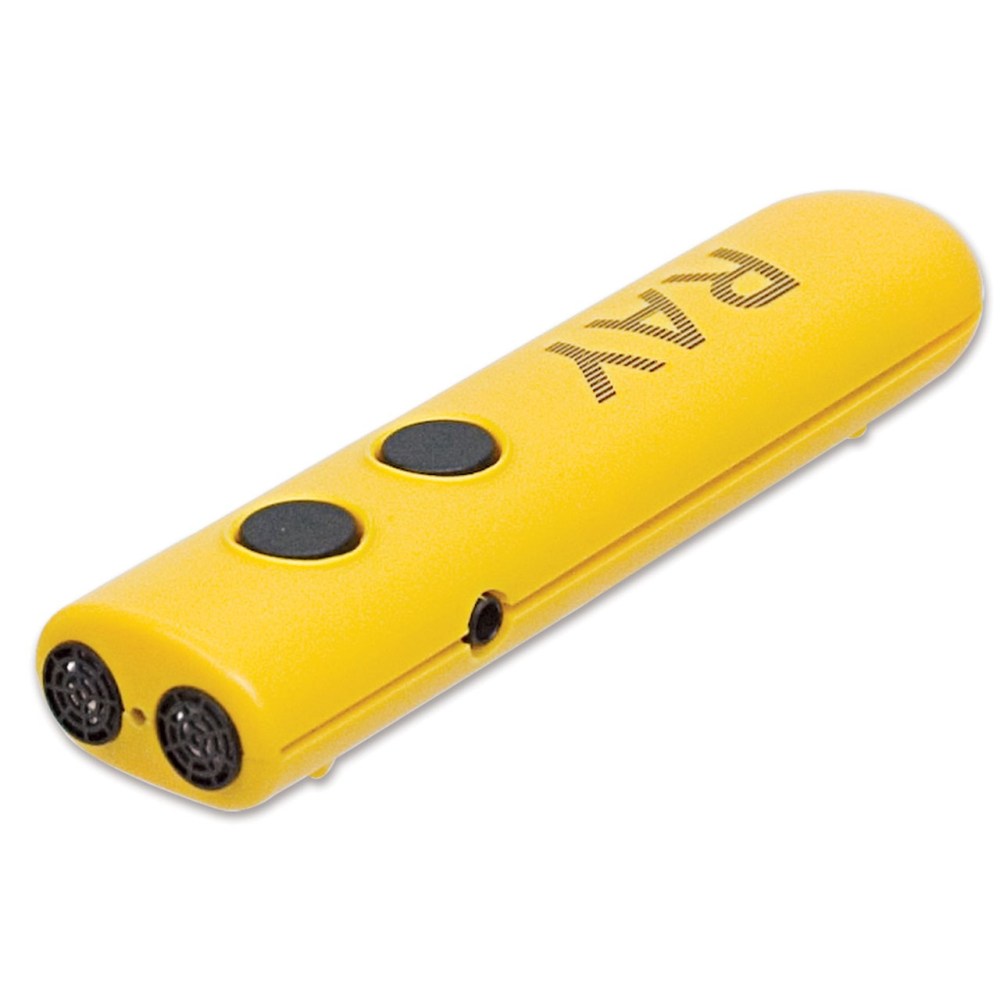Smart Glasses for the Visually Impaired: Breakthroughs in Vision Support
Empowering Independence With Assistive Technology for the Blind
The assimilation of assistive modern technology into the lives of individuals with visual disabilities represents a significant improvement in advertising freedom and self-sufficiency. From ingenious display viewers to innovative wise walking canes, these devices not just boost daily navigating and interaction however additionally encourage individuals to involve meaningfully in various aspects of life. As we explore the myriad advantages and real-world applications of these innovations, it ends up being important to examine the underlying variables that contribute to their effectiveness and the capacity for future growths in this important field.
Review of Assistive Modern Technology

The growth of assistive technology is grounded in concepts of inclusivity and empowerment. Developments in software application, equipment, and sensory enhancements supply individuals with choices tailored to their specific requirements. From screen viewers that transform text to speech, to responsive gadgets that share info via touch, these devices transform the method individuals engage with their surroundings.
In enhancement to functional applications, assistive technology fosters higher social incorporation and involvement in various fields, consisting of education and employment (Assistive technology for the blind). As r & d remain to develop, the potential for assistive technology to further improve the lives of visually impaired individuals continues to be promising, leading the way for a more equitable culture where everyone can prosper
Sorts Of Assistive Tools
A range of assistive gadgets have emerged to sustain people with visual disabilities, each designed to satisfy particular demands and improve everyday performance. These tools range from low-tech options to high-tech technologies, providing varied options for customers.
Low-tech tools include magnifiers and large-print materials that help in analysis and writing. Braille devices, such as Braille slates and stylus pens, make it possible for tactile reading and interaction. Orientation and movement aids, like white canes, help individuals browse their setting securely.
On the greater end of the spectrum, electronic zoom systems and screen viewers supply significant support. Digital magnifiers allow customers to expand message and pictures on screens, while display viewers convert digital material into manufactured speech, helping with access to info on computer systems and smart devices.
Smart device applications likewise play a vital duty, supplying features like text recognition and navigation aid. Wearable technology, such as clever glasses furnished with increased reality, is arising as an appealing tool to boost situational awareness.
Advantages of Assistive Technology
The integration of assistive modern technology substantially boosts the lifestyle for individuals with aesthetic disabilities. These innovations equip individuals by advertising independence, allowing them to navigate their settings a lot more effectively and execute day-to-day jobs with better simplicity. As an example, display readers and magnifying software application enable people to accessibility digital info, fostering specialist and educational chances that may have formerly been out of reach.
In addition, assistive devices such as smart walking sticks and general practitioners applications provide real-time navigation assistance, improving wheelchair and safety. This enhanced autonomy not only enhances self-confidence however likewise encourages social interaction, enabling customers to take part even more totally in their communities.
Assistive technology also facilitates communication, assisting individuals link with others via voice recognition and text-to-speech applications. This capability is important for preserving connections and accessing crucial information.
Furthermore, the customization alternatives readily available with many assistive technologies guarantee that customers can customize tools to their particular needs, further enhancing functionality and efficiency. Generally, the advantages of assistive technology for individuals with aesthetic problems are extensive, advertising an extra inclusive culture where everybody can pursue their objectives and ambitions.
Study and Success Stories
Highlighting the transformative effect of assistive innovation, numerous instance research studies illustrate just how people with aesthetic impairments have actually successfully incorporated these tools into their every day lives. One engaging example includes an university student that made use of screen reading software program to browse on the internet sources and scholastic products successfully. This technology not only promoted her education and learning yet likewise boosted her self-confidence in he has a good point participating in discussions and group tasks.
One more study features an expert who uses a mobile phone application developed for navigation and item recognition. By utilizing this application, he has actually gained back freedom in both his individual and job atmospheres, enabling him to commute individually and engage with coworkers much more successfully.
In addition, a senior citizen shared her experience with braille e-readers, which enabled her to access a vast array of literary works and remain gotten in touch with her community through book clubs.
These success tales highlight the critical duty of assistive modern technology in promoting self-reliance, improving lifestyle, and promoting social integration for people with aesthetic problems (Wearable technology for low vision). By embracing these innovative devices, customers can get over challenges and seize opportunities that contribute to their professional and personal gratification

Future Patterns in Assistive Technology
Advancement in assistive modern technology is positioned to redefine the landscape of assistance for individuals with visual disabilities. Emerging fads emphasize the integration of fabricated intelligence (AI) and artificial intelligence, which improve the functionality of gadgets that help with navigating and details access. AI-driven applications are currently capable of analyzing visual information in real-time, making it possible for customers to engage with their environment extra separately.
Additionally, the advancement of wearable modern technology is progressing rapidly. Smart glasses furnished with increased fact (AR) can provide audio summaries of surroundings, changing how users engage with public areas. These tools not only promote freedom however additionally foster social inclusion.
In Addition, the Net of Points (IoT) is making homes smarter, permitting smooth connectivity between daily appliances Source and assistive devices. This connection encourages customers by enabling voice-activated controls and automatic reactions customized to individual demands.
Conclusion
Finally, assistive technology plays a critical duty in encouraging individuals with visual problems by improving their self-reliance and engagement with their environments. The diverse variety of gadgets and applications my review here available not just facilitates navigation and interaction however also advertises social assimilation and possibilities for personal and professional growth. As improvements continue in this area, the capacity for improving the lifestyle for those with aesthetic problems will certainly increase, promoting greater freedom and empowerment.
